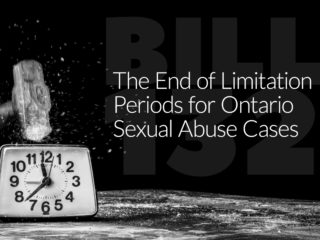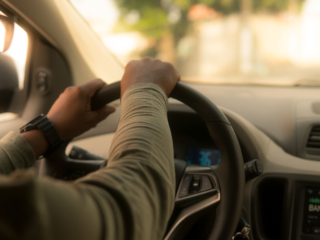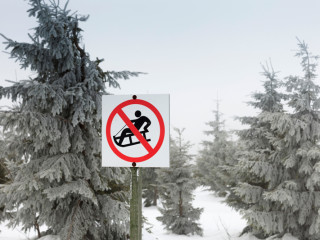Stemming from a 2015 accident, in the original Licence Appeal Tribunal (LAT) hearing, Adjudicators Hines and Punyarthi found the applicant sustained a catastrophic impairment (CAT) designation under Criterion 7 (whole person impairment (WPI) of 55% or more) and was entitled to the non-earner benefit (NEB).
Gore Mutual Insurance applied for reconsideration which was considered solely by Adjudicator Hines given that Adjudicator Punyarthi’s term had expired and was no longer with the LAT. The Respondent’s request for reconsideration was dismissed with slight adjustments to the main determinations made by the adjudicators. Specifically, of the WPI ratings in the original decision, the only one that was corrected on reconsideration was the assignment of 3% for medication use. Even after deducting from the total WPI score, when rounded up, Adjudicator Hines still found the applicant qualified for CAT designation under Criterion 7.
Gore appealed to the Divisional Court. The issue before the Court was whether the LAT erred in law in finding the applicant was catastrophically impaired and thus entitled to NEBs. The Divisional Court found no appealable question of law had been raised as the Respondent characterized the findings of the LAT as being legal conclusions and not factual ones based on medical evidence. Thus, although CAT determination is a legal test under the Schedule, it involves a consideration of medical opinions and specific WPI ratings to be assigned to each impairment; these are questions of mixed fact and law as are questions of whether the applicant qualifies for NEBs.
Notably, the Divisional Court also considered the issue of the same adjudicator hearing both the original LAT and reconsideration hearings. Gore took issue with Adjudicator Hines hearing the reconsideration as she was one member of the two-member panel which decided the original LAT decision (Adjudicator Punyarthi’s term with the LAT having expired).
Rule 18.1 of the LAT Rules provides that “the Tribunal may, on its own initiative or upon a request of a party…reconsider any decision of the Tribunal that finally disposes of an appeal. The Divisional Court found the language in this rule is permissive and reconsiderations may be heard by the same member.
It went on to note that, although s. 4.3 of the Statutory Powers Procedures Act permitted Adjudicator Punyarthi to participate in the original decision after her appointment had expired, s. 21.2 of the SPPA permits a “tribunal” to review its own decision if it has rules to that effect – meaning the LAT retains discretion to assign a request for reconsideration to a different member or to one member of a two-member panel.
The Court went on to state:
[50] The member whose decision is being reconsidered is often the best placed to efficiently evaluate the errors alleged, given their familiarity with the evidence and submissions in the proceeding. As a reconsideration is not an opportunity for a party to reargue their case, the original decision maker can focus on the narrow issues raised in the request. The original decision maker be in the best position to know whether a reconsideration request actually raises any new issues or submissions (see: Taucar v. Human Rights Tribunal of Ontario, 2017 ONSC 2604).Because the LAT Rules are permissive, the Court determined that it was within the jurisdiction of Adjudicator Hines to hear the reconsideration request and to consider submissions as to any alleged errors or other grounds for reconsideration under Rule 18.2 of the Rules. The appeal was dismissed.















